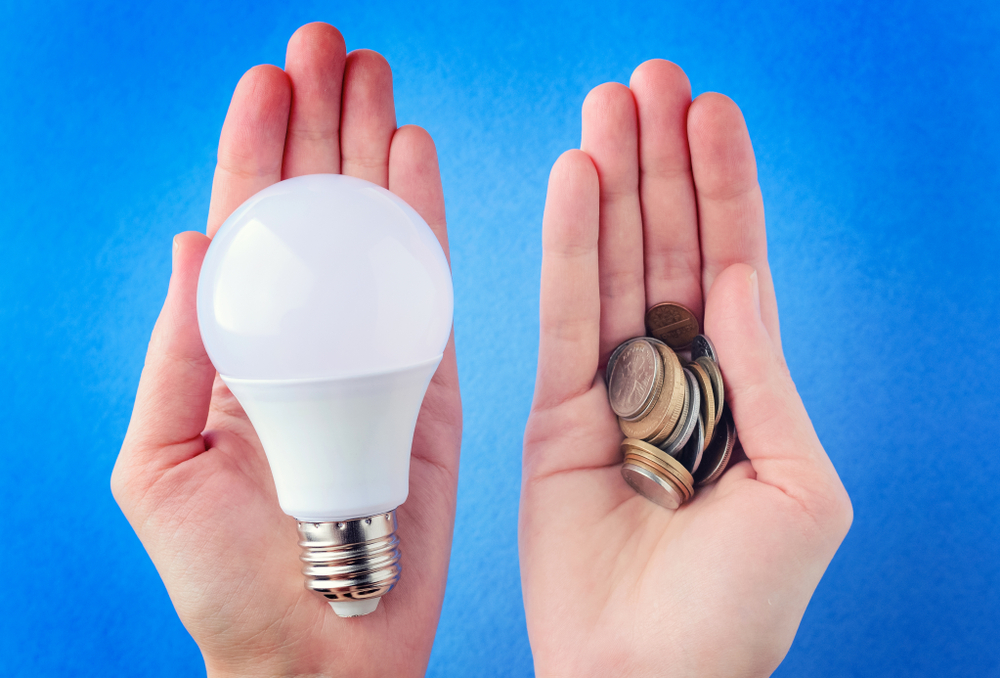A Guide to Conserving Energy At Home
Some people think they will need to make major sacrifices in order to conserve energy at home, but that’s not the case. In fact, saving energy at home has never been easier, and the benefits have never been greater. Here’s everything you need to know about conserving energy at home:
What Are the Best Energy Conserving Items For A House?
There are a number of products on the market that can be used to help you conserve energy at home. If you want to go green, consider investing in these energy conserving items for your house:
- Smart power strips: Electronic devices that are plugged in can continue to consume energy even when they’re not in use. To prevent this problem, invest in smart power strips for your home. These power strips are designed to cut off power to devices that go into standby mode.
- LED lights: If you’re still using traditional light bulbs, now is the time to switch to energy efficient LED bulbs. These light bulbs can last up to 25 times longer than traditional bulbs and use up to 80% less energy.
- Programmable thermostat: Install a programmable thermostat that allows you to preset temperatures. Then, adjust the settings for the hours you are not home so your heating and cooling system never wastes energy in order to heat or cool an empty home.
- Low flow fixtures: Reduce the amount of water used in your home by installing low flow faucets and showerheads. Installing these fixtures can reduce your home’s water usage by up to 60%.
- ENERGY STAR® appliances: If you’re in need of new kitchen or laundry room appliances, consider purchasing ENERGY STAR® models. These models are designed to use far less energy than standard models, so making this switch can lead to significant energy savings.

What Are 10 Ways to Conserve Energy At Home?
Investing in one or more of the items listed above can help you maximize your home’s energy efficiency. But there are plenty of ways to start conserving energy without spending a dime. Here are 10 simple ways to save energy at home:
- Keep the temperature on your thermostat as close to the outdoor temperature as possible so it doesn’t need to consume as much energy to keep you comfortable.
- Lower the temperature on your water heater to 120 degrees Fahrenheit. You won’t notice a difference in water temperature, but you will notice a big difference on your next utility bill.
- Adjust the settings on your TVs and computers to lower the brightness and contrast levels. However, make sure that you can still comfortably look at the screen with the new settings without hurting your eyes.
- Use the moisture sensor on your dryer when doing laundry. This sensor will automatically shut the dryer off once it no longer detects moisture, so you won’t waste energy on over-drying clothes.
- Skip the dryer altogether and let clothes air dry instead.
- Improve the energy efficiency of your appliances by keeping them as clean as possible. For example, replace or clean the air filters on your heating and cooling system and the lint filter on your dryer on a regular basis. You should also keep the seal on the refrigerator door clean to prevent cold air from escaping.
- Do not run the dishwasher or washing machine until you have a full load of dishes or laundry.
- Turn the bathroom exhaust fan off after 15 minutes. This is how long it takes to remove the humidity from the room.
- Keep the oven door closed while food is baking inside. Opening the door will release heat, so the oven will have to consume more energy to keep your food at the right temperature.
- Unplug small appliances on your kitchen counter such as the coffee maker, toaster, and blender.
What Are the Benefits of Learning How to Conserve Energy At Home?
Your efforts to conserve energy—no matter how small—will pay off in a big way. Some of the many benefits of conserving energy at home include:
- Protect the environment: Saving energy at home can reduce the amount of harmful greenhouse gases that are emitted into the atmosphere.
- Make your home more comfortable: Energy efficient home improvement projects such as adding insulation or sealing air leaks can make your home more comfortable to live in.
- Create a healthier environment: Energy efficient upgrades can address ventilation and moisture issues in your home. Thus, making energy efficient upgrades can create a healthier living environment by preventing mold growth.
- Lower your utility bills: The amount you pay for energy varies depending on how much energy you use. For this reason, making an effort to conserve at energy at home may drastically lower your monthly utility bills.
Take the first step toward reaping the rewards of energy efficiency by implementing some of these energy conservation strategies today. Get the whole family involved to maximize your home’s energy efficiency!


